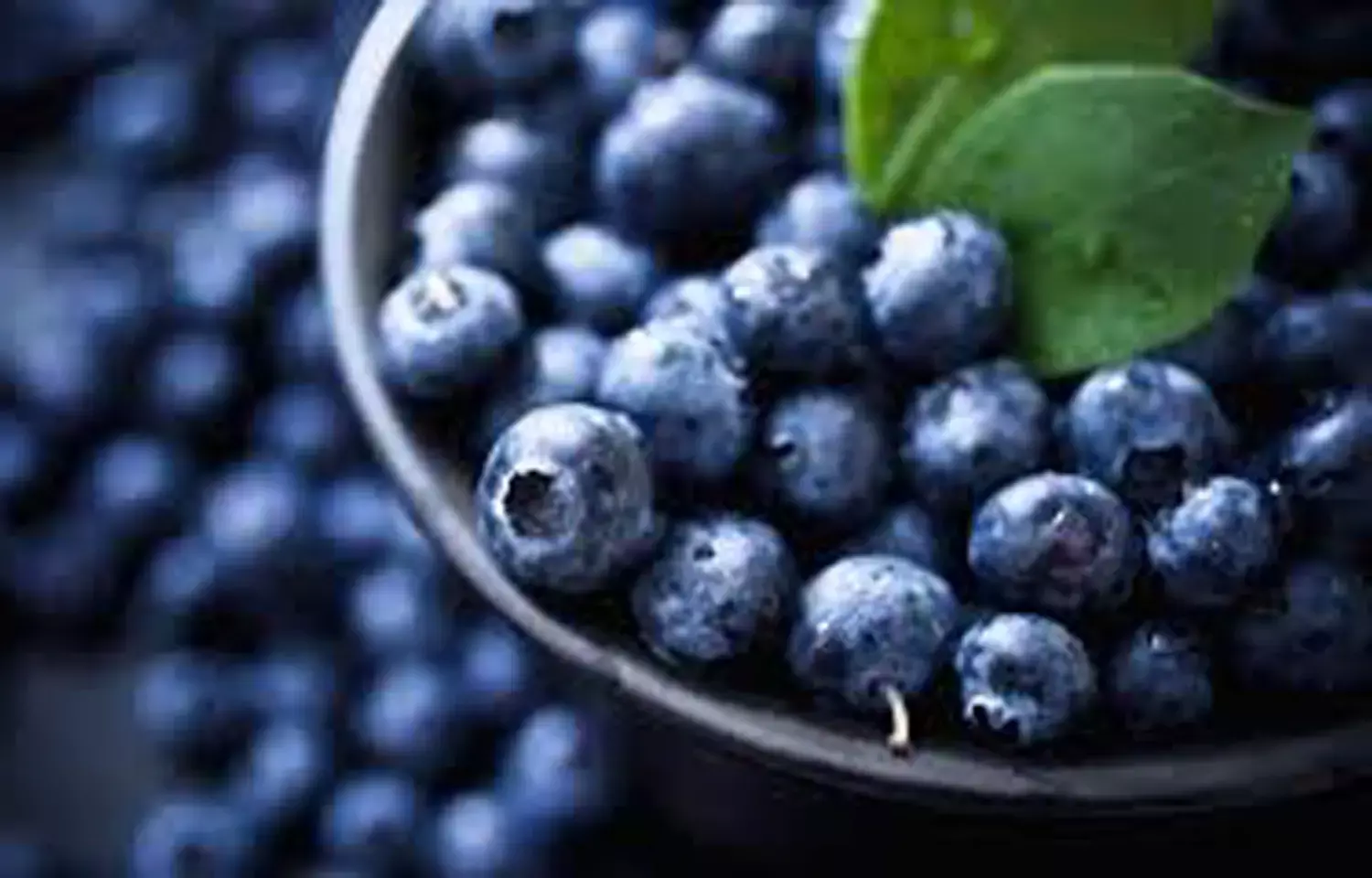- Home
- Medical news & Guidelines
- Anesthesiology
- Cardiology and CTVS
- Critical Care
- Dentistry
- Dermatology
- Diabetes and Endocrinology
- ENT
- Gastroenterology
- Medicine
- Nephrology
- Neurology
- Obstretics-Gynaecology
- Oncology
- Ophthalmology
- Orthopaedics
- Pediatrics-Neonatology
- Psychiatry
- Pulmonology
- Radiology
- Surgery
- Urology
- Laboratory Medicine
- Diet
- Nursing
- Paramedical
- Physiotherapy
- Health news
- Fact Check
- Bone Health Fact Check
- Brain Health Fact Check
- Cancer Related Fact Check
- Child Care Fact Check
- Dental and oral health fact check
- Diabetes and metabolic health fact check
- Diet and Nutrition Fact Check
- Eye and ENT Care Fact Check
- Fitness fact check
- Gut health fact check
- Heart health fact check
- Kidney health fact check
- Medical education fact check
- Men's health fact check
- Respiratory fact check
- Skin and hair care fact check
- Vaccine and Immunization fact check
- Women's health fact check
- AYUSH
- State News
- Andaman and Nicobar Islands
- Andhra Pradesh
- Arunachal Pradesh
- Assam
- Bihar
- Chandigarh
- Chattisgarh
- Dadra and Nagar Haveli
- Daman and Diu
- Delhi
- Goa
- Gujarat
- Haryana
- Himachal Pradesh
- Jammu & Kashmir
- Jharkhand
- Karnataka
- Kerala
- Ladakh
- Lakshadweep
- Madhya Pradesh
- Maharashtra
- Manipur
- Meghalaya
- Mizoram
- Nagaland
- Odisha
- Puducherry
- Punjab
- Rajasthan
- Sikkim
- Tamil Nadu
- Telangana
- Tripura
- Uttar Pradesh
- Uttrakhand
- West Bengal
- Medical Education
- Industry
Blueberry, cranberry effective in reducing blood sugar, insulin resistance in diabetes patients: Study

Brazil: A recent study with the high credibility of evidence showed that the consumption of cranberry and blueberry compared to placebo reduced fasting blood sugar and glycated hemoglobin levels in diabetes patients. The results, published in the journal Nutrition, Metabolism & Cardiovascular Diseases on February 16, 2022, were significant only in diabetic individuals.
Cranberry and blueberry are rich in polyphenols that are linked to diabetes reduction. Felipe Mendes Delpino, Postgraduate Program in Nursing, Federal University of Pelotas, Pelotas, Brazil, and colleagues aimed to 1) systematically review the literature on the effects of blueberry and cranberry consumption and type 2 diabetes parameters in individuals with or without type 2 diabetes; and 2) quantify these effects by carrying out a meta-analysis.
For this purpose, the researchers performed a systematic review and meta-analysis using articles present in seven databases (PubMed, LILACS, Scielo, Web of Science, Scopus, Cochrane, and Embase), consisting of publications until May 2021. Randomized clinical trials that compared blueberry or cranberry effects on type 2 diabetes parameters, such as acting blood sugar, glycated hemoglobin, and insulin resistance were included.
Cochrane scale was used to perform the quality of the studies, while the Egger test assessed the publication bias and meta-regression the estimated effect sizes with potential moderator variables. Of the 2034 identified studies, 39 were read in full and 22 were included in the meta-analysis.
Following were the study's key findings:
- In individuals with diabetes, the consumption of blueberry or cranberry significantly reduced fasting blood glucose [MD: −17.72 mg/dl] and glycated hemoglobin [MD: −0.32], whereas for insulin resistance the effects were null.
- Results were not significant for the general population, except in the sensitivity analysis for fasting blood glucose.
The researchers conclude, "compared to placebo, blueberry or cranberry consumption reduced fasting blood glucose, insulin resistance, and glycated hemoglobin."
Reference:are
Delpino FM, Figueiredo LM, Gonçalves da Silva T, Flores TR. Effects of blueberry and cranberry on type 2 diabetes parameters in individuals with or without diabetes: A systematic review and meta-analysis of randomized clinical trials. Nutr Metab Cardiovasc Dis. 2022 Feb 17:S0939-4753(22)00083-7. doi: 10.1016/j.numecd.2022.02.004. Epub ahead of print. PMID: 35282984.
KEYWORDS: Nutrition Metabolism & Cardiovascular Diseases, blueberry, cranberry, diabetes, blood sugar, insulin resistance, glycated hemoglobin, fasting blood glucose, berries, polyphenols, Felipe Mendes Delpino
Dr Kamal Kant Kohli-MBBS, DTCD- a chest specialist with more than 30 years of practice and a flair for writing clinical articles, Dr Kamal Kant Kohli joined Medical Dialogues as a Chief Editor of Medical News. Besides writing articles, as an editor, he proofreads and verifies all the medical content published on Medical Dialogues including those coming from journals, studies,medical conferences,guidelines etc. Email: drkohli@medicaldialogues.in. Contact no. 011-43720751


